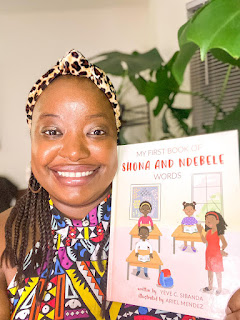Germany faces its colonial legacy

Since the end of World War II, Germany has been grappling with the consequences of the Holocaust. Since about ten years, the country has also started facing its colonial history, especially in Sub-Saharan Africa. Germany started controlling territories in Africa in the 1800s, mostly after the "Scramble for Africa" initiated by Bismarck during the 1884 Berlin Conference, when the continent was divvied up among European countries. Germany annexed territories in present-day Cameroon, Togo, Ghana, and Namibia. After World War I, they lost most of their colonies, which were taken over by France and Great Britain. The Germans were brutal in their rule and committed genocide in Namibia in 1914. Until a few years ago, German city streets often carried the names of German colonizers, such as Petersallee in Berlin, dedicated to Dr. Carl Peters, who set off to start colonizing Eastern Africa in 1884. After the Berlin West Africa Conference, he was named Chairman of the German East-Afr...
